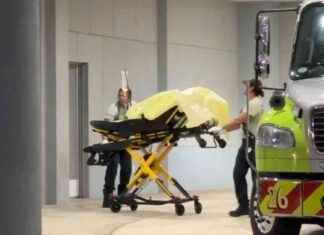Based on the premise of the fundamental right of citizens to culture, the National Council of Culture and the Arts (CoNCA) considers that “there is a pending deficit, which acts as a social barrier and exclusion of some sectors of the population ”. These are the words of Jordi Font, a member of the plenary chaired by Vinyet Panyella.
With “the fundamental objective of including artistic education in compulsory education”, the CoNCA promoted the first Fòrum Arts Educació, the culmination of a work process. It was held in April for this purpose, with all the agents involved, in addition to the Generalitat, the associations of municipalities and the four Catalan councils.
“They don’t have to be in-depth studies, but they do have to deal with languages ??and be able to read and express themselves basically in the creative and artistic field,” explains Font, who sums it up with the phrase “artistic literacy.” “We realized that the role of the arts was increasingly valued as an essential factor in the development of people: self-esteem, recognition within the group, management of emotions, diversity, teamwork,” he continues, but that is not This is evident in teaching: “We believe it is essential that there be agreements between all administrations to reach the intersection of arts and education.”
As a result of that forum, today the Letter of the arts to education was presented, which contains “63 recommendations to administrations, educational centers and external agents that act within educational centers”. The letter is structured in six blocks: resources and legal conditions; training; inclusive, equitable and intercultural education; organizational, functional and cultural changes in the centers; monitoring, knowledge and research; and cooperation between administrations. And from here it is necessary to reach “some national agreements to reach a minimum universalization agreement”.
For her part, Núria Iceta, also a member of the CoNCA plenary, affirms that the forum is a strategic commitment: “We have to watch over public policies and promote specific policies. Also with modesty: we act as midwives, in the happy expression of Font, of what already exists in potential”.
More than 200 proposals came out of the forum, which “have been distilled into 63”, continues Iceta. “We have established ourselves as a permanent commission to make things happen. We can act as a hinge between the administrations and the artistic disciplines and for this reason we promote concrete measures in the arts-education intersection”.
The CoNCA welcomes the presence of all the administrations and also the three ministries of the Generalitat that have powers in these sections: Education, Universities and Culture. “The hard work comes now, on how to make it happen”, recognizes Iceta.
President Vinyet Panyella declares that “the purpose is for artistic education to be continuously present in primary and secondary schools. Now it is only present in some schools”, with various projects and activities, which are not coordinated. Thus, with the Carta de les arts a l’educació, the artistic literacy of citizens begins, with the aim of building a more educated society with fewer social barriers thanks to the arts.
Catalan version, here








